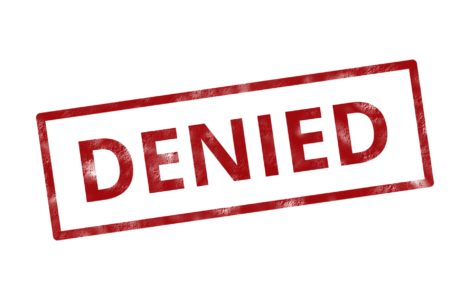
I strongly recommend that my business clients purchase Employment Practices Liability (“EPL”)Insurance. Employment-related claims are extremely costly to defend — even frivolous claims. But, it’s important to do your homework when purchasing EPL Insurance. Many EPL Insurance policies do not cover claims related to employee wage disputes. So, it’s vital that you ask your insurance agent about the full scope of coverage under your policy. A Birmingham company learned that lesson the hard way in a recent decision issued in the Northern District of Alabama. See American Chemicals & Equipment, Inc. v. Continental Casualty Co., No. 6:15-cv-00299-MHH, 2017 WL 2405102 (N.D. Ala. Jun. 2, 2017).
In American Chemicals, the employer purchased EPL Insurance. But, the insurance policy contained an explicit exclusion for claims arising under the Fair Labor Standards Act as well as any “law anywhere in the world governing wage, hour and payroll practices.” Also, the definition of a covered “loss” under the policy did “not include any compensation earned by the claimant but unpaid by the Insured ….”
One of American Chemicals’ employees sued in state court claiming that the company failed to pay him the salary and sales commission rate that he was promised when he accepted his offer of employment. American Chemicals asked its insurance company for a defense of the claim, but the insurance company refused to provide that defense, because the claim was excluded by the policy. After settling with the employee, American Chemicals sued its insurance company claiming breach of contract, bad faith failure to pay an insurance claim, negligence and wantonness.
The American Chemicals decision focused upon the insurance company’s duty to defend. Insurance companies frequently have a duty to defend a claim (i.e., pay for the lawyer), even if a claim is not covered. American Chemicals asked United States District Court Judge Madeline Haikala to enter an order finding that the insurance company breached its duty to defend — even if the wage claim was not covered. After interpreting the policy, however, Judge Haikala found that American Chemicals was not entitled to a defense — under its primary argument. Nevertheless, Judge Haikala found an issue that the parties did not argue. The employee’s underlying claim asked for punitive damages, and Judge Haikala found that a punitive damages request might require a defense from the insurance company. So, Judge Haikala ordered the parties to submit briefs to her on that issue. As a result, American Chemicals’ case is severely damaged, but still alive.
The key takeaway here is to ask your insurance agent if wage claims are covered by your EPL policy. If there is a wage exclusion, you need to seriously consider purchasing a separate wage-based policy. FLSA claims are becoming more frequent, and some employee-focused law firms are concentrating on wage and hour claims, because employers regularly make inadvertent mistakes in paying their employees. Here’s a link to a good article discussing the pros and cons of obtaining coverage for wage claims: EPLI Wage Claims